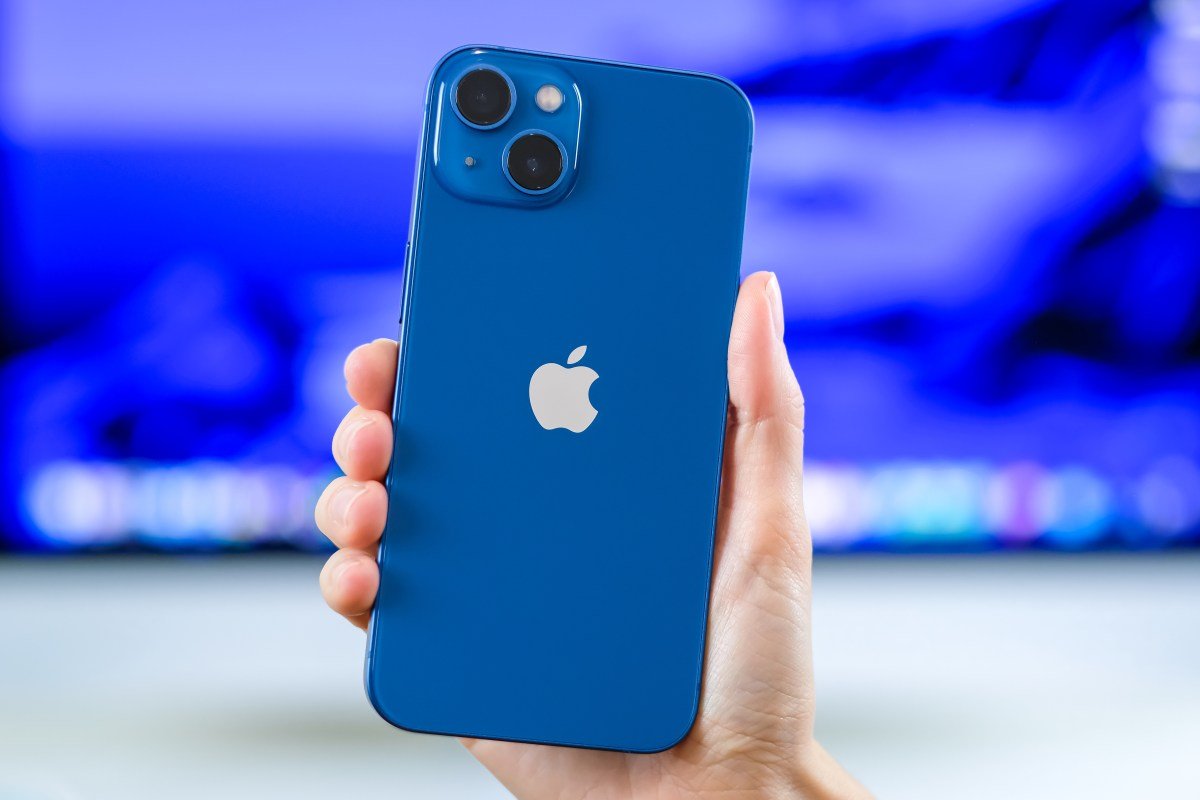When TechCrunch’s former editor-in-chief Matthew Panzarino joined a startup, we knew it was one that would pique our interest. Panzarino, well-known among TC staff as an avid collector of everything from shoes to novel cooking appliances to iPhones, recently became the latest addition at TipTop, a new startup from Postmates founder Bastian Lehmann. The app, which includes instant cash offers and pickup, promises an easier way to sell your stuff.
Such “stuff” is something Panzarino would know a bit about, having once joked to staff that “
shoes are my retirement fund.”
But TipTop today largely focuses on the consumer electronics category, not collectors’ items, offering instant payouts for things like smartphones, iPads, computers, game systems, cameras, and more.
Lehmann tells TechCrunch the idea was originally sparked by a desire to clean out an overstuffed garage, but he then narrowed on the idea of consumer electronics, as they had a more predictable price decay over time. Over a year and a half ago, TipTop’s team began tracking 50,000 consumer products — mostly electronics — and then used that data to predict what the items would be worth after 6, 12, 18, and 24 months.
“We’ve gotten really good at it,” Lehmann says, adding that they also came to understand there are two values associated with an item — the price that someone is willing to sell for and the price at which someone else is willing to buy.
That led to TipTop’s first product, TipTop Cash, which makes it easy to sell the items you own. The system works similarly to Shopify’s Shop app’s delivery tracking feature, in that you also connect your Gmail account (or soon, other emails) and optionally your Amazon account. This is done through TipTop’s mobile app, currently available on iOS only. The process allows TipTop to access your purchase data by way of digital receipts. From there, it creates an in-app catalog of the items you are known to have purchased and the cash offer you can receive by selling them through TipTop.
When you’re ready to sell, you can either drop the item off at a UPS Store or have an Uber courier come pick it up. The latter is built on Postmates’ delivery API, now Uber’s API — something that Apple still uses to power deliveries in the U.S. (Uber finalized its $2.65 billion Postmates acquisition in 2020.)
“TipTop Cash works like a reverse Postmates,” Lehmann explains. “Postmates made it super easy to get the best of the city into your house. And TipTop Cash makes it incredibly easy to get things that you own out of your house.”
While the founder admits that sellers could get more for their item if they handled the sales themselves, he believes the convenience of the instant cash offer will appeal to consumers who don’t have the time or inclination to do so.
In one afternoon, you could unload old phones, tablets, laptops, cameras, or gaming systems, and make a bit of change with little hassle. Compare that to the more complicated process of selling on a marketplace like eBay or Facebook — the latter where people often spam you with lowball offers or are no-shows at pickup. There are safety concerns around interacting with strangers via the internet as well, which is why many local buy and trade marketplaces suggest meetingpeople in public places, not at home, which is less convenient.
Since the app’s launch in September, TipTop Cash has cataloged $50 million in total receipt value among its users, Lehmann says.
Next week, TipTop will add push notifications to proactively encourage users to sell when the price is right. Later, it will also add a camera feature that will allow you to point the app at items you own or scan paper receipts to get cash offers, as well. (Due to higher fraud risks, these may not be instant cash offers, however.)
Helping consumers sell their stuff is only one part of TipTop’s larger roadmap. The flip side to selling, of course, is buying. This will come in the form of TipTop Pay, likely a separate app and payment gateway where consumers can purchase items and pay for them on a monthly basis. This part will involve partnerships that Lehmann says he can’t yet discuss.
“You only pay for the value minus the residual value,” he tells us. For example, if an iPhone 15 with 128GB retailed for $800, and the residual value after a year was $400, then TipTop would give you $400 for the phone. But if a buyer wanted to use the phone for a year, it would just be $400 divided by 12 payments. When they no longer needed the phone, they could unload it through TipTop Cash and buy their new one.
“Think about it like an iPhone Upgrade Program for everything that we own or our merchant partners offer,” Lehmann suggests.
Thanks to Lehmann’s successful exit with Postmates, raising funds for his next project wasn’t a challenge. The startup to date has raised $23 million in Series A funding from investors, including Andreessen Horowitz (Marc Andreessen is on the board), plus OpenAI CEO Sam Altman, AngelList co-founder Naval Ravikant, and Pinterest, Coinbase, and DoorDash board member Gokul Rajaram. Other investors included Scott Banister, Cyan Banister, Nabeel Hyatt, Dan Romero, Jude Gomila, Sean Plaice, Andy McLoughlin, Jeff Clavier, and Vivek Patel.
Co-founded by Postmates veterans Mustafa “Moose” Rahman and Gregory Carlson, San Francisco–based TipTop is currently a team of 16 that includes many founding members who were former Postmates engineers.
</








